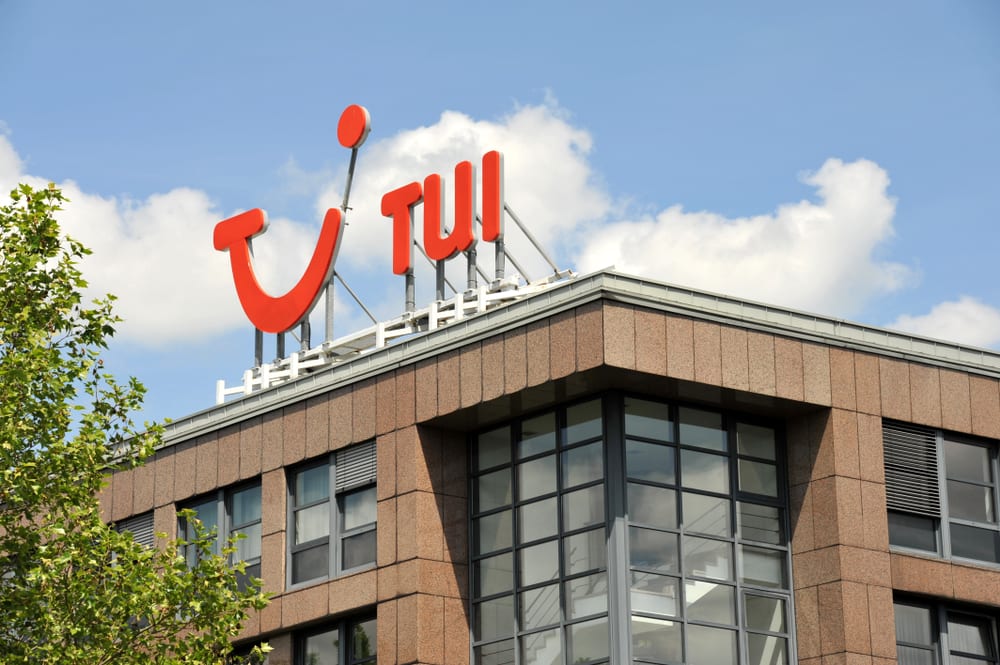Key points:
- TUI reports that bookings for this summer are up to 80% of 2019 levels
- This is not true across all markets, Poland looks weak for example
- But perhaps covid related problems are now behind the travel industry?
- IAG Down 4% in 2022 – Will They Have To Demerge BA?
TUI (LON: TUI) shares rose some 10% on the back of their announcement of trading levels. The Germany-based travel company said that booking levels were back up to 80% of the level they had been in 2019. They also said that events in Ukraine seemed to be having little effect on booking levels.
Given Tui’s size, it’s possible to look upon the company as a bellwether for the wider travel market. If bookings are recovering to near pre-covid levels here then it would be a useful indicator of what is happening elsewhere. This would then have implications for Ryanair, Wizz, Easyjet, and so on.
Reading a little more between the lines though it’s possible to see some effects of current events. Business in Poland looks weak – something that given geography wouldn’t hugely surprise. It is also true that Mordashov’s desire to use the Tui brand in Russia is off the table for the moment for obvious reasons.

Also Read: The Best Travel Stocks To Buy Right Now
The Mordashov link also needs to be examined. The oligarch is sanctioned – personally – and he’s got a 34% stake in Tui. The sanctions are meant to ensure that he doesn’t dispose of this stake. Which hasn’t worked all that well as he has done so, even if only to his wife. That issue though is out of the way as a consideration of the valuation of Tui as a company.
That bookings are running at those 80% of 2019 levels does show that much – not all, but much – of the covid effects are fading away. There are though still three other factors to think about when trying to value Tui.
The first is whether that final 20% is going to return or not? Have we, us consumers – or some to a lot of us at least – discovered the joys of staycations and so the market is permanently smaller than it used to be?
The second is that it’s not wholly the level of travel that matters. It’s that Tui – and others – match their capacity with the level of travel that actually happens. There are costs in preparing for people to travel and creating enough capacity that then doesn’t get filled is an expensive mistake.
Finally, there’s the broader economy to consider. Yes, the market is recovering from covid. But there is that problem in Ukraine to think about. Not so much whether this will spill over into neighbouring countries but what will be the economic effects of sanctions and so on? And then there’s the current inflation, not all of which is related to Russia. Living standards are indeed declining as prices rise faster than wages. How long is this going to go on for? And will the higher interest rates to kill it off further reduce discretionary spending? Even, if budgets and belts have to be tightened is it holidays that will be the spending cut?
That is, despite recovery to 80% of pre-pandemic levels, is covid really the only thing that Tui and other travel companies have to worry about?
